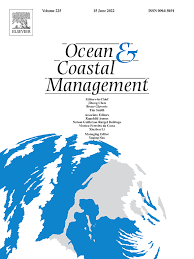
Turning the ships around: The Russia-Ukraine conflict reshapes the US LNG maritime transportation network
Energy exports are considered a form of power. Following the Russia-Ukraine conflict, the US, as an emerging natural gas exporter, has strengthened energy transport with its allies. However, quantitative analysis of how geopolitical events influence the US's exercise of energy power remains an underexplored area. In this study, we used Automatic Identification System data and US ally relationship data to explore the spatial impacts of the Russia-Ukraine conflict on global liquefied natural gas (LNG) maritime transport and changes in US transport patterns before and after the conflict. The results show that the conflict has tightened US alliances. Transatlantic shipping activity increased the most during the time of soaring global LNG prices, with US treaty allies' coastal areas becoming the most active. Owing to the rerouting of transport ships, traffic through the Panama Canal decreased while Strait of Dover traffic increased, significantly enhancing the US’ transport route coverage to core treaty allies. Our results highlight the potential for future conflict events and emphasize the need to enhance global energy security resilience; prevent LNG from becoming a political tool; and design secure, efficient, and resilient national energy policies.
Obuna bo'lish uchun tizimga kiring
Nashrning boshqa sonlari